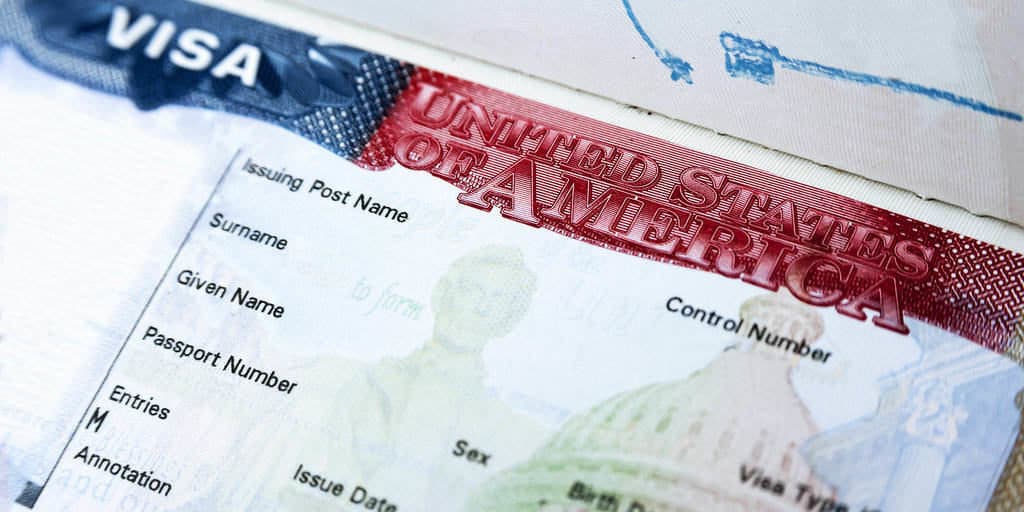The Trump administration has now issued a new directive where U.S. Citizenship and Immigration Officers have been asked to “apply the same level of scrutiny” for H1B visa extension requests as the other sought-after visas, since the burden of proof lies with the applicant and not the federal agency.
According to the U.S. Citizenship and Immigration Services (USCIS), which is now rolling back its 13-year-old policy with this directive, the previous memorandum of April 23, 2004 put the burden on the agency. In the latest memorandum issued on Oct. 23, the agency said: “This memorandum makes it clear that the burden of proof remains on the petitioner, even where an extension of nonimmigrant status is sought.”
In the previous policy, if a person was found to be eligible for work visa, they were by default eligible for extension so long as “as the key elements were unchanged and there was no evidence of a material error or fraud related to the prior determination.” Now, with every extension, they have to prove their eligibility.
According to William Stock, the president of the American Immigration Lawyers Association, the change is being made retroactively to people already living in the country and not just to new visa applicants, according to PTI.
“In adjudicating petitions for immigration benefits, including non-immigrant petition extensions, adjudicators must, in all cases, thoroughly review the petition and supporting evidence to determine eligibility for the benefit sought,” the USCIS said.
The H-1B is a common visa for high-skilled Indian IT professionals to work at companies in the United States. The visa is valid for three years. It can be renewed for another three years.
The new policy is in line with the Trump administration’s directive of “Buy American, Hire American” and to protect American workers from replacement by foreign labor. It will ensure that only qualified H-1B workers are allowed to stay in the United States so as to prevent fraud and misuse of the H-1B program.
“This updated guidance provides clear direction to help advance policies that protect the interests of U.S. workers,” L. Francis Cissna, the new USCIS Director who was sworn in this month, was quoted as saying by CNN Tech.
The other visas, which will have impact because of the directive, include L-1, for intracompany transfers, TN, for Canadian and Mexican citizens, and O-1, for those with “extraordinary abilities”.
